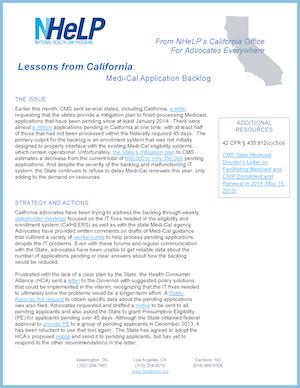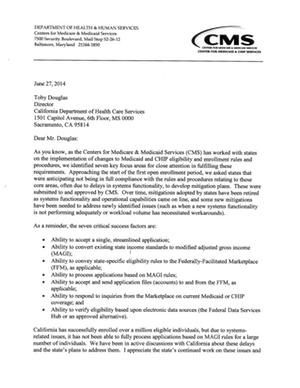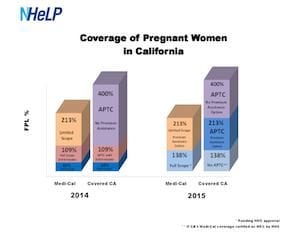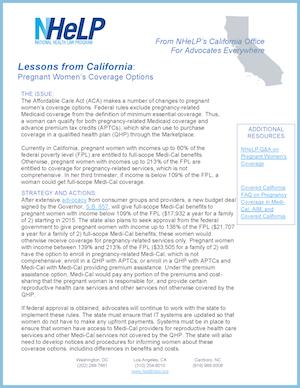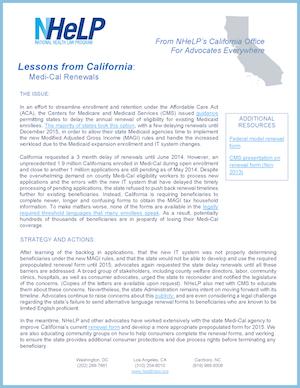- Abigail Coursolle
- Alejandra Pavisich
- Alejandra Pavisich
- Alexis Robles-Fradet
- Alicia Emanuel
- Amanda Avery
- Amy Chen
- Andy DiAntonio
- Arielle Linsey
- Brian Brooks
- Candace Gibson
- Carly Myers
- Cassandra LaRose
- Cat Duffy
- Catherine McKee
- Cathren Cohen
- Charlie Blodnieks
- Charly Gilfoil
- Cheyenne Peters
- Christina Piecora
- Corey Davis
- Dania Douglas
- Daniel Young
- David Machledt
- Deanna Hartog
- Elizabeth Edwards
- Elizabeth G. Taylor
- Emma Parker-Newton
- Eskedar Girmash
- Fabiola De Liban
- Georgesula Ziama
- Geron Gadd
- Hannah Eichner
- Hayley Penan
- Héctor Hernández-Delgado
- Ian McDonald
- Jane Perkins
- Jasmine Young
- Jennifer Lav
- Joe McLean
- Jules Lutaba
- Kally Xu
- Kasey Nichols
- Kavisha Prajapati
- Kimberly Lewis
- Leonardo Cuello
- lhigashi
- Liz McCaman Taylor
- Madeline Morcelle
- Mara Youdelman
- Margaret Okakpu
- Maya Levin
- Michelle Lilienfeld
- Michelle Yiu
- Miriam Delaney Heard
- Mizue Suito
- Priscilla Huang
- Rachel Holtzman
- Rolonda Donelson
- Sarah Grusin
- Sarah Somers
- Skyler Rosellini
- Susan Berke Fogel
- T. Nancy Lam
- veng
- Walter Hsiang, MD
- Wayne Turner
- Zamir M. Brown
- Show all
- 1557
- 50th Anniversary
- Abortion
- Admin and Procedural Barriers
- ADS Evergreen
- Affordable Care Act
- Assisted Reproduction
- Automated Decision Making
- Behavioral Health
- Child and Adolescent Health
- CHIP
- Civil Procedure
- Civil Rights
- Coronavirus
- Cost-sharing
- Court Access
- COVID-19 Public Health Emergency
- Data Collection
- Defending Medicaid
- Delivery System Featured
- Delivery System Reform
- Demonstrations
- Disability
- Disability Rights
- Doula Care
- Dual Eligible Beneficiaries
- Eligibility and Enrollment
- EPSDT
- Exchanges/Marketplaces
- Family Planning
- Federal and State Court Cases
- Foster youth
- HCBS/LTSS
- Health Care Reform
- Health Care Refusals
- Health Disparities
- Health Reform
- HIV/AIDS and Sexual Health
- Home and Community Based Services
- Immigrant Health
- Language Access
- LGBTQ Health
- Litigation
- Managed Care
- Medi-Cal
- Medicaid
- Medicaid Awareness Month
- Medicaid Awareness Month 2024
- Medicaid Defense 2025
- Mental Health
- Nondiscrimination
- Opioid Use Disorder
- Oral Health
- Pregnancy
- Prescription Drugs Marketplace
- Prescription Drugs Medicaid
- Privacy and Confidentiality
- Protect Medicaid 2023
- Public Charge
- Public Health
- Refusals of SRH Care
- Reproductive Health
- Services
- Sexual and Reproductive Health (SRH)
- Sexual Health
- SRH Equity
- SRH Equity for Immigrants
- SRH Equity for LGBTQI+ People
- SRH Equity for People of Color
- SRH Equity for People with Disabilities
- SRH Equity for Young People
- SRH Nondiscrimination
- Supreme Court
- Telehealth
- Waivers and Demonstrations
- Women's Health
 July 30, 2014
July 30, 2014Lessons from CA: Medi-Cal Application Backlog
Read moreMore than 600,000 applications are still pending a Medi-Cal eligibility determination as of July 2014. As with other states, problems with California's new eligibility and enrollment system are at the heart of California's backlog. In this month's, Lessons from California, we highlight how NHeLP is working with advocates in…
 June 27, 2014
June 27, 2014Lessons from CA: Pregnant Women’s Coverage Options
Read moreThe ACA made many positive changes in health coverage for pregnant women. Many women now qualify for both pregnancy-related Medicaid and financial assistance in the Marketplace. In this month's, Lessons from California, we highlight how NHeLP worked with California advocates to provide comprehensive Medi-Cal coverage for pregnant women, including…
 May 30, 2014
May 30, 2014Lessons from CA: Delaying 2014 Renewals for Medi-Cal Enrollees
Read moreIn June, current enrollees of California's Medicaid program, Medi-Cal, will be asked to complete a new renewal process and be evaluated under the new MAGI eligibility rules. But with nearly one million Medi-Cal applications still pending and a faulty IT system unable to accurately determine Medi-Cal eligibility, hundreds of…
- May 8, 2014
Network Adequacy Laws in Medi-Cal Managed Care Plans
Read moreMedi-Cal managed care plans are capitated, meaning they receive a set payment per enrollee per month in exchange for providing services.The plans contract on a "comprehensive risk" basis, which means they accept the risk of incurring a loss if they spend more on services than they receives through the…
